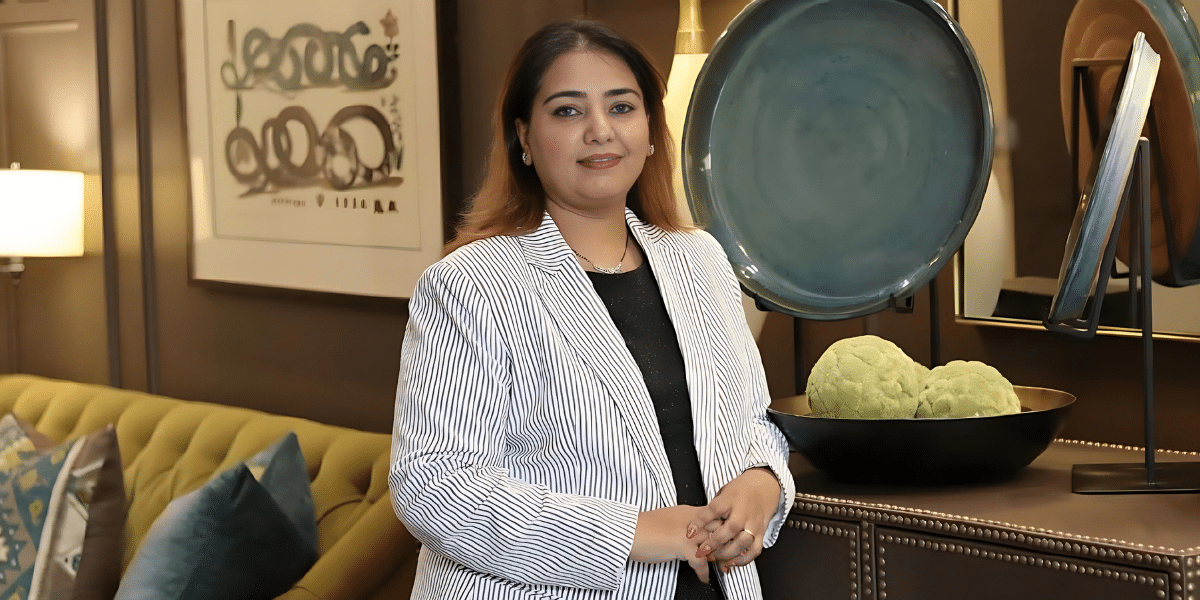By: Travis Hutton
Queensland, with its sprawling coastlines and rich marine ecosystems, stands at the forefront of a significant movement—one that aims to shift the culinary world towards more sustainable and ocean-friendly seafood practices. As the demand for seafood continues to grow, the need to address the methods by which it is harvested has become crucial. Leading this charge in Queensland is Aryn Hala, a Gold Coast chef known for her commitment to sustainability and innovative culinary practices.
Protecting Local Ecosystems
The ocean is not only a source of livelihood and recreation but also a pivotal element of the local heritage and biodiversity in Queensland, Australia. The proximity to the Great Barrier Reef, a UNESCO World Heritage Site, underscores the critical need for sustainable seafood practices to protect these vulnerable marine environments. The stakes for maintaining healthy oceans in this region are incredibly high due to its ecological and economic importance.
Key aspects of sustainable seafood practices to protect local ecosystems include:
- Selective Fishing Techniques: Utilizing fishing methods that are selective and cause minimal damage to the environment. Techniques like pole and line fishing or using traps that allow for the release of non-target species help reduce bycatch and preserve marine biodiversity.
- Habitat Protection Measures: Avoiding fishing practices that damage the seafloor and other marine habitats. Practices such as bottom trawling can be devastating to underwater ecosystems. Implementing no-trawl zones and protected marine areas ensures that critical habitats are preserved for future generations.
- Seasonal and Area Closures: Implementing temporal and spatial closures to fishing ensures that fish populations can recover during critical breeding and growth periods, helping maintain or increase fish stocks.
Examples of local efforts to protect ecosystems include:
- Coral Reef Monitoring and Restoration Projects: Initiatives like coral planting and structured artificial reefs help rehabilitate areas that have been affected by overfishing and other harmful activities. These projects are crucial for restoring the structural complexity of habitats that numerous marine species depend on.
- Community Watch Programs: Local communities often engage in monitoring activities that help enforce fishing regulations and protect against illegal practices. These programs also raise public awareness about the importance of sustainable fishing.
- Collaborative Management of Marine Reserves: Working with local communities, Indigenous groups, and environmental organizations to manage marine reserves effectively. These groups play a vital role in monitoring and protecting the health of these ecosystems, ensuring that conservation measures are respected and integrated into local fishing practices.
- Educational Outreach: Conducting workshops and seminars to educate fishers and the general public about the impacts of overfishing and harmful fishing techniques. By increasing awareness, these educational efforts encourage more people to support and engage in sustainable practices.
Protecting Queensland’s local ecosystems requires a concerted effort that involves not only following regulations and improving fishing practices but also actively participating in restoration and conservation initiatives.
By taking a comprehensive approach to sustainability, the region can ensure the health of its marine environments, supporting both the local economy and global biodiversity.
Aryn Hala’s Approach to Sustainability
Aryn Hala, head chef at Patio Season and a respected advocate for sustainable culinary methods, incorporates these principles into every aspect of her cooking. “Every dish we serve,” Aryn explains, “is a testament to our respect for the ocean. We use locally sourced seafood that is sustainably harvested to not only provide a fresher product but also to support our local fisheries that are doing things right.”
This approach is crucial in promoting sustainable seafood consumption. By supporting local fisheries that adhere to sustainable practices, chefs like Aryn are helping create a market that values quality and environmental consciousness over mere convenience and cost. It encourages fisheries to maintain healthy populations and ecosystems, which are vital for the ocean’s long-term vitality.
Educating and Inspiring Others
Moreover, Aryn Hala is actively involved in educating others about the importance of sustainable seafood. Through workshops and speaking engagements, she shares her knowledge and passion, inspiring both fellow chefs and the public. “It’s about making informed choices,” she says, “and understanding the impact those choices have on our oceans.”
Community and Government Support
In Queensland, the community and government are actively collaborating to promote sustainable seafood practices, an effort that has received a heartening response across the region. The state’s commitment is evident through various initiatives and regulations that are helping to guide both the seafood industry and the public toward more sustainable habits.
Key government and community efforts include:
- Regulatory Frameworks: The Queensland government has implemented strict regulations that manage fishing quotas and limit harmful fishing practices. These laws are designed to ensure the long-term sustainability of fish stocks and protect critical habitats.
- Sustainable Fishing Licenses: Special licenses and certifications are now required for commercial fishing operations, which must demonstrate adherence to sustainable practices in order to qualify.
- Public Awareness Campaigns: State-sponsored campaigns aim to educate the public on the importance of choosing sustainable seafood. These initiatives include advertisements, educational programs in schools, and informational resources available online and in print.
- Grants and Funding: Financial support is available to fisheries and related businesses that invest in sustainable technologies and practices. These grants encourage innovation and help smaller operations transition to more sustainable methods.
- Community-Based Projects: Local non-profits and volunteer groups often collaborate with authorities to monitor local waterways and engage in restoration projects that help sustain fish populations and aquatic ecosystems.
Examples of successful initiatives include:
- “Fish Friendly” Certification: A program that recognizes and promotes businesses adhering to best practices in sustainable seafood, encouraging consumers to support these establishments.
- Annual Seafood Sustainability Symposium: An event that brings together stakeholders from all sectors of the seafood industry to discuss challenges, share best practices, and plan future sustainability efforts.
- Collaborative Resource Management: Cooperative management agreements between the government, Indigenous groups, and commercial and recreational fishers to ensure that all voices are heard and considered in the management of marine resources.
The combined efforts of the Queensland government and community are critical to the ongoing success of sustainable seafood initiatives. While regulations and support play a substantial role, the choices made by individual chefs, restaurateurs, and consumers remain fundamental to driving real change. By choosing sustainably sourced seafood, everyone can contribute to the health of the ocean and ensure the availability of seafood for future generations.
A Culinary Movement for Ocean Conservation
The trend towards sustainable seafood is gaining momentum, but there is still much work to be done. Aryn Hala and her peers play a critical role in this; they are not just chefs but stewards of the sea. By choosing sustainability, they are not only crafting delicious meals but are also ensuring that future generations can enjoy the same abundance of seafood and ocean beauty that Queensland is known for today.
In conclusion, sustainable seafood isn’t just a trend in Queensland—it’s a growing necessity. With chefs like Aryn Hala leading by example, the culinary community is learning that good food and respect for the environment can go hand in hand, creating a wave of change that could eventually transform our global relationship with the ocean.
Published by: Martin De Juan










